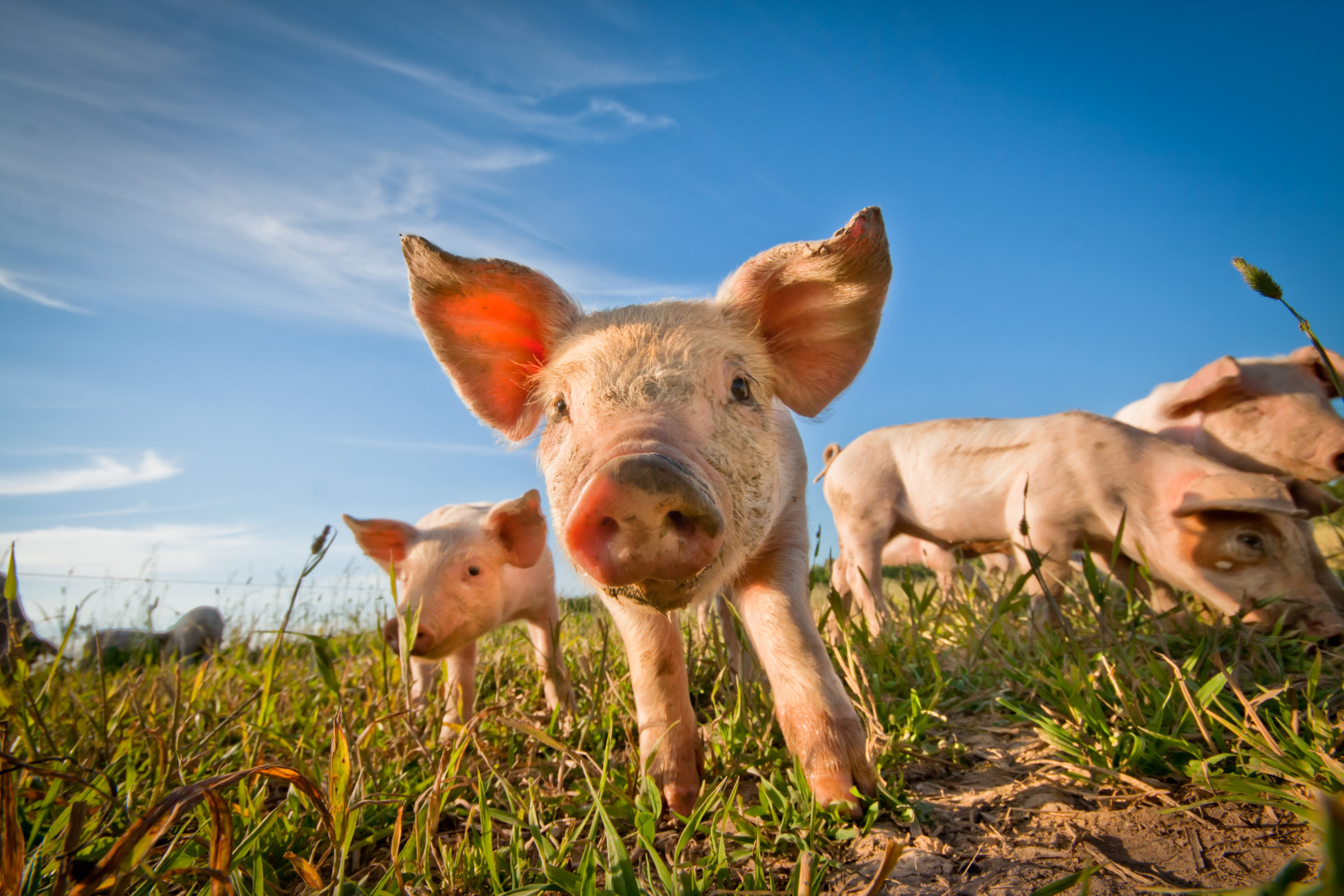We Should Cheer the Pig-to-Human Heart Transplant
Originally published at National ReviewThis is an amazing potential advance in organ transplant medicine. A pig’s heart — genetically modified to not be rejected as readily — has been transplanted into a dying human patient. From the AP story:
The Maryland surgeons used a heart from a pig that had undergone gene-editing to remove a sugar in its cells that’s responsible for that hyper-fast organ rejection. Several biotech companies are developing pig organs for human transplant; the one used for Friday’s operation came from Revivicor, a subsidiary of United Therapeutics.
“I think you can characterize it as a watershed event,” Dr. David Klassen, UNOS’ chief medical officer, said of the Maryland transplant.
Still, Klassen cautioned that it’s only a first tentative step into exploring whether this time around, xenotransplantation might finally work.
The Food and Drug Administration, which oversees such experiments, allowed the surgery under what’s called a “compassionate use” emergency authorization, available when a patient with a life-threatening condition has no other options.
That’s all well and good — and we should all support the concept of xenotransplantation. If we can use animal organs instead of human, the organ queue will shorten dramatically, and pressure to open unethical approaches — such as conjoining euthanasia and organ harvesting, doing away with the dead-donor rule, or flying to China to buy an organ strip-mined from a killed Falun Gong member — will abate.
But: There is a potential problem not mentioned in the AP story. What if a porcine virus crosses the species barrier because of this surgery, and a disease is loosed for which we have no immune resistance? That is one of the safety issues that will bear careful watching.
That point aside, we should all cheer. I can’t think of any reason to oppose this approach — assuming safety and efficacy — unless one is an animal-rights believer who thinks that pigs have equal value to humans. But they don’t. A rat is not a pig, is not a dog, is not a boy. Indeed, this field of medicine demonstrates the ethical urgency of pursuing the grim good of animal research in furthering medical advances.
